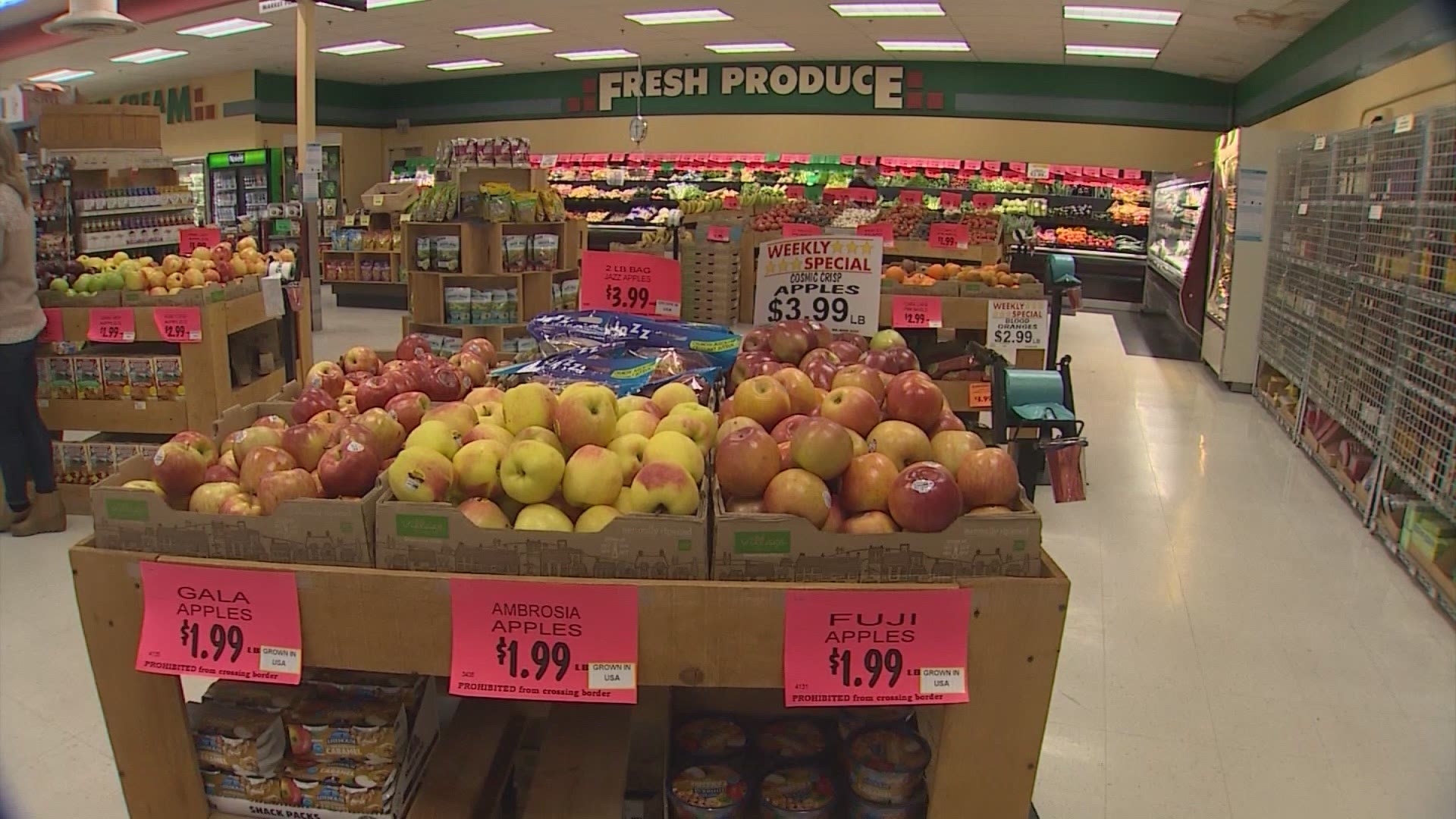BLAINE, Wash. — It may be a small step, but it’s a step in the right direction.
As of July 5, fully vaccinated Canadian citizens and permanent residents can cross the U.S.-Canada border and return to Canada without having to quarantine. However, this does not apply to fully vaccinated Americans.
The border remains closed to all non-essential travel until at least July 21.
While Canadian travelers who are fully vaccinated do not have to quarantine, they do have to take a COVID-19 test when leaving or re-entering the country. As for those flying into Canada, they will no longer need to stay at a government-authorized hotel. Travelers will also have to fill out a form on the ArriveCAN app.
To be considered fully vaccinated, you must have received all doses of a vaccine approved by Health-Canada. Proof of vaccination must also be provided for travel.
Canadians are able to fly into the United States with a negative COVID-19 test, and Americans can visit Canada to see relatives or close friends as outlined by a strict set of guidelines. But to do that, people entering Canada must quarantine for two weeks on arrival, and the quarantine is enforced by the Royal Canadian Mounted Police.
Canadian Prime Minister Justin Trudeau said he wants to keep the border closed until at least 75% of Canadians are fully vaccinated. Trudeau is still concerned about COVID-19 spreading with slowing rates of vaccines. The border closure will not be re-evaluated until July 21.
“We’re still seeing cases across the country and we want to get them down," Trudeau said in June. "At the same time, we also know we have to hit our targets of 75% vaccinated with the first dose and at least 20% vaccinated with the second dose before we can start loosening things up because even a fully vaccinated individual can pass on COVID-19 to someone who is not vaccinated."
Trudeau said they need to ensure communities to which fully vaccinated travelers return to are not at risk.
The U.S. Travel Association estimates that each month the border is closed, it costs the economy $1.5 billion. Canadian officials say Canada had about 22 million foreign visitors in 2019 — about 15 million of them from the United States.
The only grocery store in Point Roberts, Washington was in danger of closing until the state gave it a $100,000 grant from its strategic reserves to keep it open until the border reopens and its Canadian customers can return. The town of about 1,300 people sits in an approximately five-square-mile slice of the United States on the tip of a peninsula south of Vancouver, British Columbia that juts into U.S. territory.
The Point Roberts International Marketplace lost much of its business, and its owner told KING 5 the store faced possible closure on July 15. The $100,000 grant is expected to preserve the store’s 10 jobs and help avoid a food security crisis in the community.
Gov. Jay Inslee said he's been frustrated with the continued closure of the border and has been pushing for the U.S. and Canadian governments to come up with a plan for reopening.
Ali Hayton, the owner of the Point Roberts International Marketplace, said she is grateful for the state funding and hopes Inslee's continued advocacy will "spur some change in Washington, D.C."
"As a business owner, I have never wanted a hand-out; I just want my customers back," Hayton said Tuesday in a statement. "And while these funds help stop the hemorrhaging at my business, the entire business community, as well as every resident of Point Roberts, needs to see an exemption at Boundary Bay so that we can ‘reopen’ along with the rest of Washington state.”
The ban on nonessential travel across the Canada-U.S. border was announced in March 2020 and has been extended every month since.

